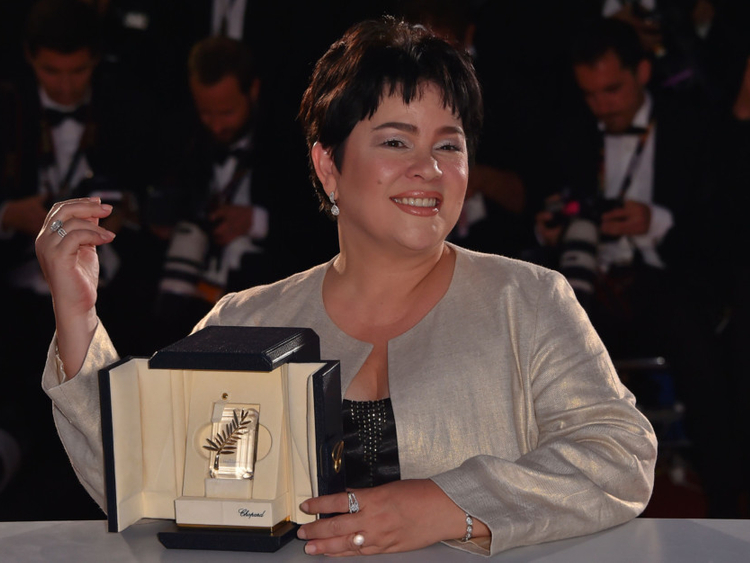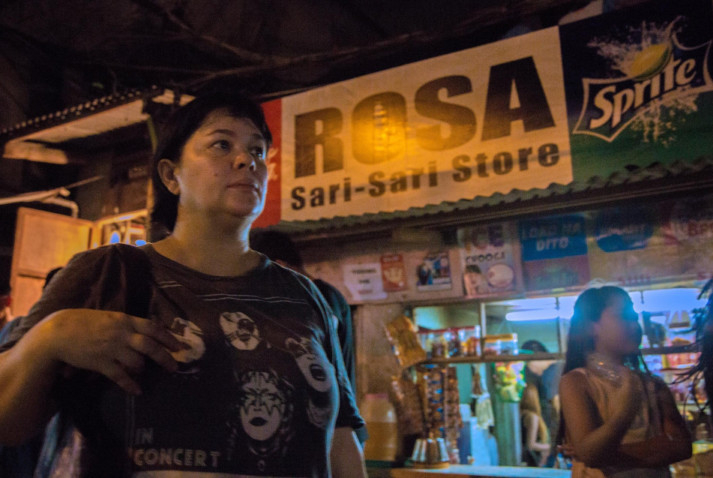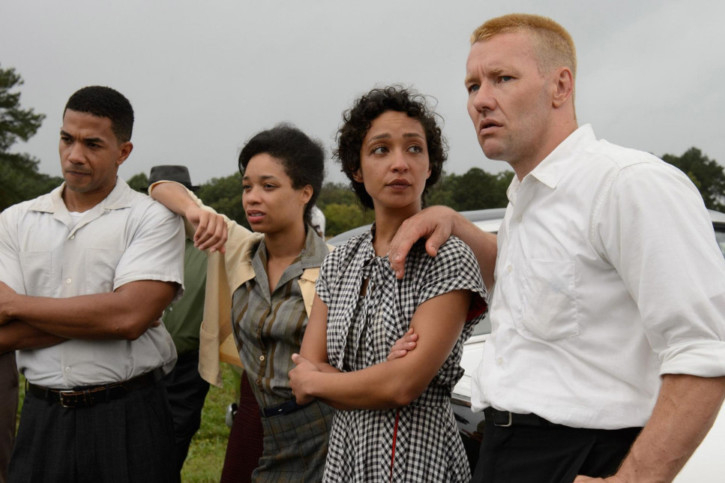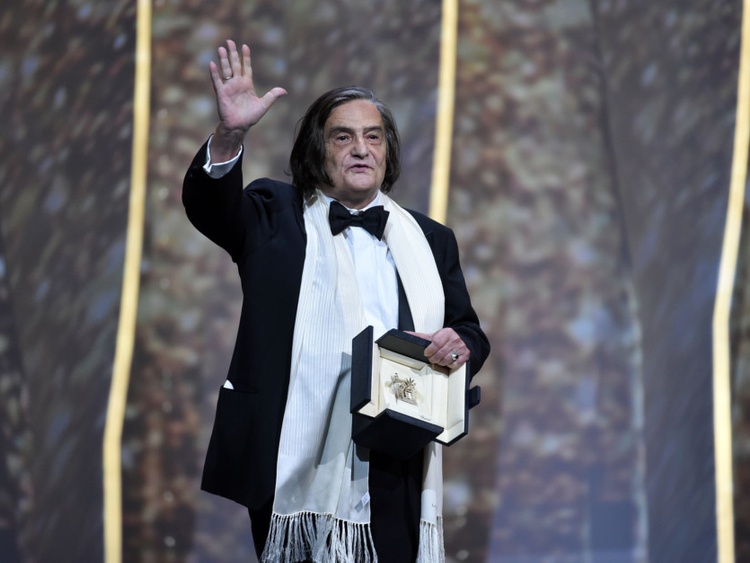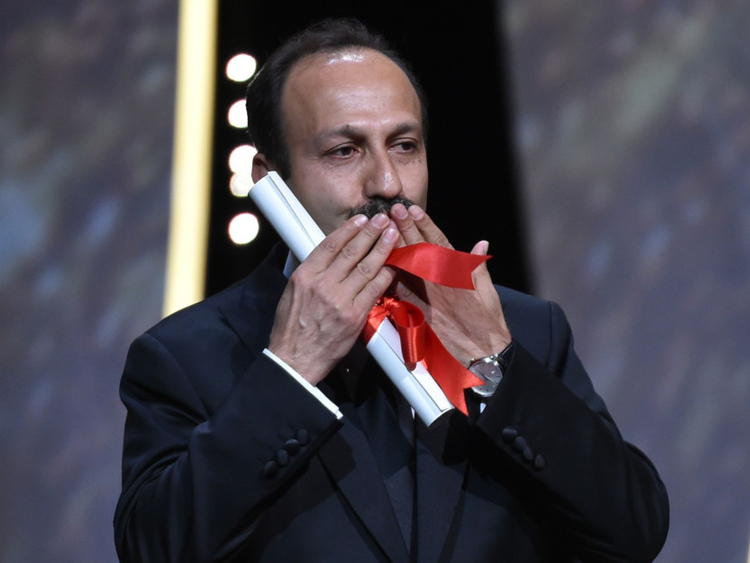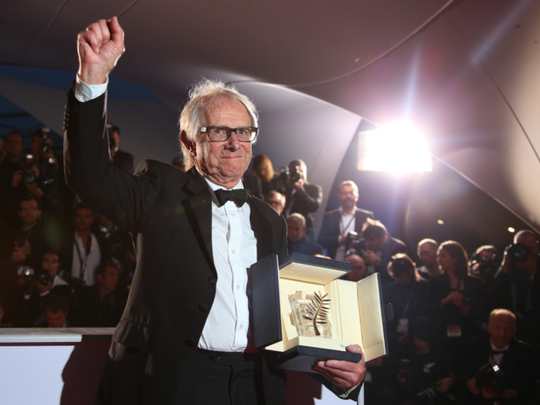
The 69th Cannes Film Festival, an event this year defined by peerless highs and embarrassing lows, ended on Sunday when the Palme d’Or was awarded to I, Daniel Blake, a film about a carpenter with a heart condition up against the heartlessness of bureaucracy, from the veteran British director Ken Loach. The award was presented by Mel Gibson.
Loach, a previous winner for The Wind That Shakes the Barley, accepted his prize first in French before switching to English. “We’re in the grip of a project of austerity,” he said, invoking the “catastrophe” of neoliberalism. He talked of cinema’s tradition of speaking to the “powerful and the mighty” and the need to show that “another world is possible and necessary.”
This year’s jury for the feature competition was led by George Miller (here in 2015 with Mad Max: Fury Road), who lauded “the feast of cinema,” and also included the directors Arnaud Desplechin and Laszlo Nemes (his Son of Saul won the Grand Prize last year); a producer, Katayoon Shahabi; and a clutch of internationally recognisable names: Kirsten Dunst, Valeria Golino, Mads Mikkelsen, Vanessa Paradis and Donald Sutherland.
The ceremony included a brief tribute to Jean-Pierre Leaud, the screen immortal who played Antoine Doinel for Francois Truffaut, beginning with The 400 Blows; Leaud received an honorary Palme d’Or presented by a visibly moved Desplechin. The best actor award went to Shahab Hosseini, one of the stars of the Iranian movie Forushande (The Salesman), from the director Asghar Farhadi. This smooth, schematic drama turns on a married couple who are performing in a production of Arthur Miller’s Death of a Salesman and whose lives are upended when the wife is attacked. Farhadi also won for best screenplay.
The best actress prize was given to Jaclyn Jose, the star of Ma’ Rosa, a slice of naturalism from the Philippine director Brillante Mendoza. Jose plays a tough, low-level drug dealer who peddles dope out of her small Manila store and, with her addict husband, is swept up in police corruption. The best director prize was, surprisingly, split between the Romanian director Cristian Mungiu, for Graduation, and Olivier Assayas, for Personal Shopper.
The Canadian filmmaker Xavier Dolan won the Grand Prix award for It’s Only the End of the World, a decision booed by the press, who watched the ceremony in a live feed from a theatre in the same building. “Thank you for feeling the emotion of the film,” Dolan said, choking up as the booing continued from critics across the hallway. The Jury Prize (effectively third place) went to American Honey, from the British director Andrea Arnold. “When I’m happy, I want to dance,” Arnold said, swaying to the accompanying music.
The Happiest Day in the Life of Olli Maki, a black-and-white movie about a boxer, from the Finnish director Juho Kuosmanen, was awarded the prize for Un Certain Regard, a section reserved for younger and sometimes more adventurous filmmakers.
The Camera d’Or, for best first feature, went to Divines, from the French director Houda Benyamina; it screened in La Quinzaine des Realisateurs, a programme that runs parallel with the official selection. The Palme for the best short film was presented to Timecode, from the Spanish director Juanjo GimEnez.



